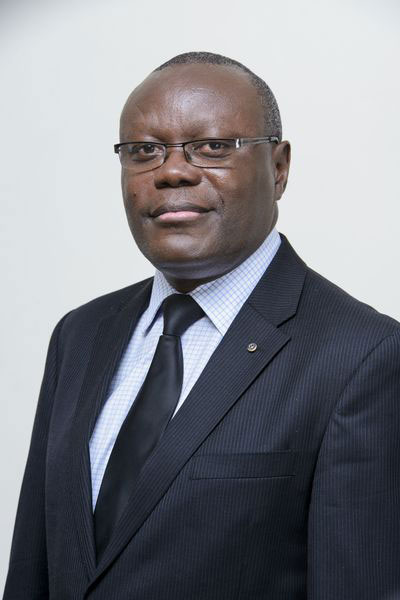
COMMENT | Martin A. Nsubuga | During this lockdown period, my colleagues sent me this interesting message: “the current lockdown might be what retirement will be – no cash, no friends, lots of free time, anxiety and the villagers treating you like a suspect.” While this situation may be unlikely if you saved for retirement, the message provides a good basis to reflect upon how we plan for retirement.
I am specifically concerned about those agitating for partial access or early withdrawal of retirement benefits due to Covid-19 lockdown. The pressure is premised on the presumption that most savers already have running loans and obligations and may not be able to accommodate the anticipated rise in the cost of living. The Uganda Retirement Benefits Regulatory Authority (URBRA) shares in this plight and sympathizes with members of retirement benefits schemes. However, we are constrained to support such demands because they are not supported by law.
The NSSF Act, like the Trust Deeds and Rules of most licensed retirement benefits schemes, clearly describes the benefits a person can access i.e. age benefits, withdrawal benefit, invalidity benefit, emigration grant and survivor’s benefit. Under the NSSF Act, a member qualifies for only one benefit. Where a member qualifies for more than one benefit, he or she shall be paid only one – the most advantageous.
In whichever circumstances, these benefits are intended to provide a safety net for members upon retirement, permanent incapacitation, or for dependents in the event of death. The legal documents did not envisage circumstances such as Covid-19. Mr. Joachim Buwembo summarized it aptly in his recent Facebook post: “NSSF money is like a guard dog – it is for a specific purpose; it does not provide milk when you need some. NSSF money is for post-employment use, not a health insurance policy.” This analogy applies to other retirement benefits schemes as well.
While the employers’ matching contribution to NSSF is mandatory, it is not the case for most retirement benefits schemes in Uganda. Agitation for partial or early withdrawal therefore can easily discourage employers from making such contributions. In making that additional contribution, the employer wants to see a former employee living happily in retirement.
The intention for retirement savings is for one to replace the cash flow they used to receive while working. With early withdrawal, a member reduces the principal amount saved and also foregoes the compounded benefits arising from investments. For instance, if you have 10 years to retirement and had accumulated Shs.50m but withdraw Shs10m, the opportunity cost is almost Shs16 million at 10% per annum compounded interest. Therefore, after ten years the available sum at retirement will be short by approximately Shs26m.
The other consideration is the availability of liquidity to meet this unexpected payment to members. The regulations for investments of scheme funds allow for a maximum of 5% of the Assets Under Management (AUM) to be invested in cash and demand deposits in institutions licensed under the Financial Institutional Act 2003 or other similar institutions licensed in the East African Community. Most of the schemes, if not all, keep not more than 3% of their assets in such cash and demand deposits. Over 75% of scheme assets is invested in Government Securities (Treasury Bills and Treasury Bonds) while 15% is invested in quoted equities and 7% in immovable property. In the event of a call for early payment to members, it will require liquidating these assets to raise the necessary liquidity.
However, because most of them are invested for long term, liquidating such assets will require selling them at a discount, notwithstanding the distortion in our financial markets and fiscal sustainability. Who then should bear this cost? Are members ready to receive a discounted amount (less amount than anticipated)?
Finally, while the employers’ matching contribution to NSSF is mandatory, it is not the case for most retirement benefits schemes in Uganda. Agitation for partial or early withdrawal therefore can easily discourage employers from making such contributions. In making that additional contribution, the employer wants to see a former employee living happily in retirement.
Employees contribute 5% of their monthly salaries and retain 95%. It would be ideal for employees to live within that 95% of their salary and cater for any eventualities that arise before retirement. We should not risk generating a situation that can be counterproductive to our old-age aspirations.
It is my prayer that we uphold the culture of saving for retirement and preserve these savings for as long as possible. We also encourage people to start saving early in their working life to lengthen their years of saving.
*******

Martin A. Nsubuga is the Chief Executive Officer, Uganda Retirement Benefits Regulatory Authority (URBRA)
 The Independent Uganda: You get the Truth we Pay the Price
The Independent Uganda: You get the Truth we Pay the Price



